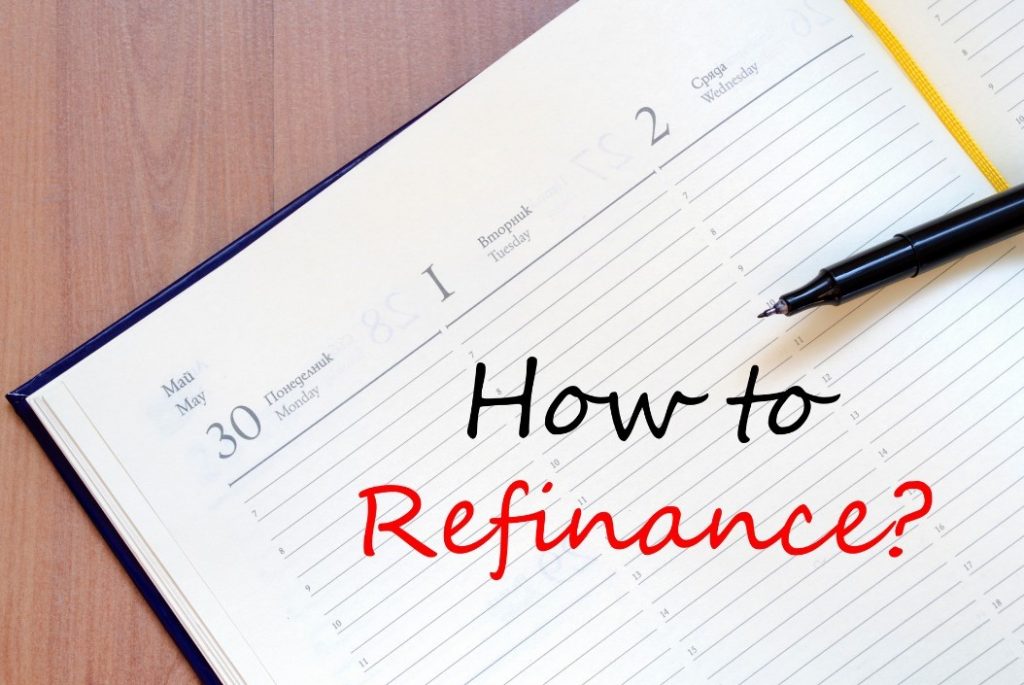Are refinance rates higher for rental property?


Obtaining the best refinance rates has many benefits for investors. But did you know that you can take advantage of refinancing to save money as a rental property owner? This article will cover the basics of refinancing a rental property, including what interest rates you can expect to qualify for.
Investors look for lower refinance rates for different reasons. As a rental property owner, it can be a great way to lower your monthly costs and increase your cash flow. Here is what refinancing a commercial property mortgage can do for you:
The bottom line: Interest rates for rental properties will typically be at least 0.50% to 0.75% higher than the rate on your primary mortgage.
If you found yourself in a troubling financial situation where you could only afford to pay the mortgage on your investment or your rental property, you are more likely to pay the former. Lenders know this. Because rental property loans are, by nature, riskier than owner-occupied loans, they need to take extra precautions for themselves.
While the process to obtain lower refinance rates for a rental or investment property is similar to refinancing a primary residence, there are a few differences you’ll need to prepare for. Here are a few requirements you will see with most lenders to refinance a rental property.

As with any refinance, the more prepared you are, the smoother the process will be. Here is what you can expect with your rental property refinance.
You will be required to submit various documents. Your lender will need to confirm the income you receive from rental payments and assess your overall financial situation.
You will need to submit an application, along with the requested documentation, to get the refinance process started. Once you have been approved, you will lock in your interest rate. These interest rate locks may last between 15 and 60 days, depending on the lender.
During the underwriting process, your lender will review your financial standing. They may reach out for clarifications or explanations on the documents you submitted to them. Be sure to answer all requests promptly. This will help everyone stay on track to get you to the closing table. They will also review the results of the home’s appraisal to ensure the loan is on par with the market value.
The title company will conduct a search to determine if there are any title issues. This could mean uncovering liens or claims on the property that will need to be sorted before closing. If you purchased an owner’s policy, you can receive a reissue rate and save on closing costs.
Three days before the official close date, your lender will send you a “Closing Disclosure.” This document covers all expenses and information related to the refinance, including closing costs, taxes, appraisal fee, insurance, loan amount, and interest rate. On closing day, you will meet with the title company and sign all the paperwork to finalize the refinance.
Refinancing is not just beneficial for primary investors. Rental property owners can take advantage getting lower refinance rates to save money and improve their investment. By preparing beforehand and understanding how the process differs slightly for rental properties, you can set yourself up for a successful refinance.
If you are looking for a team that will guide you through this process and answer all of your questions, contact us today. We would love to work with you.